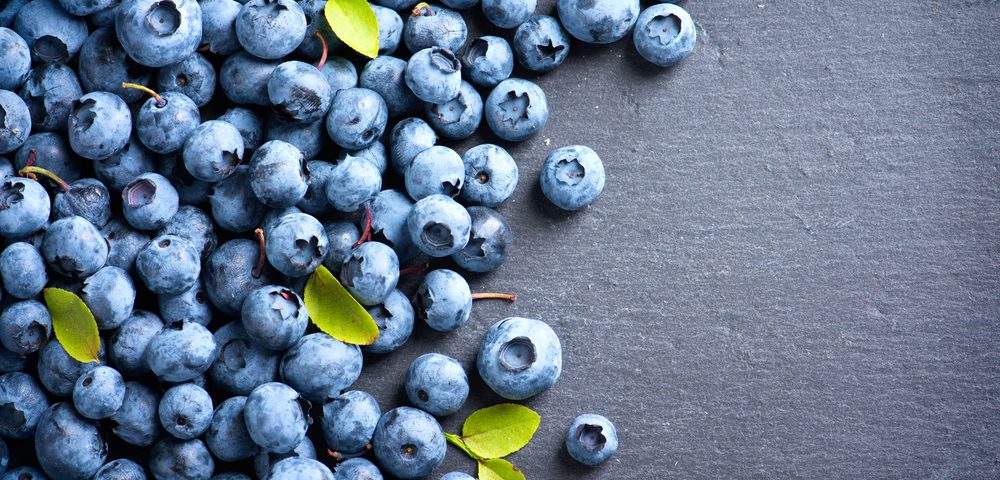An active ingredient of a specific type of Portuguese blueberry shows increased anti-inflammatory effects in the intestines of an animal model with colitis when compared to mesalamine (5-ASA), a common drug used by inflammatory bowel disease (IBD) patients, new research shows.
The study, “Comparison of anti-inflammatory activities of an anthocyanin-rich fraction from Portuguese blueberries (Vaccinium corymbosum L.) and 5-aminosalicylic acid in a TNBS-induced colitis rat model,” was published in the journal PLOS One.
Although the number of therapeutic options for IBD has increased, they still carry the burden of certain adverse effects. More efficient and safer therapies are needed.
In this context, the use of natural products and dietary components for managing inflammatory diseases such as IBD has gained attention. Scientific proof of their effectiveness has been scarce, though.
“Blueberries are among the fruits with potential health benefits associated with their high content in anthocyanins, a group of flavonoids widespread in human diet, which have been reported as potential therapeutic agents for several inflammatory diseases, including IBD,” researchers from Portugal wrote.
Anthocyanins, a member of the flavonoids group of phytochemicals, are predominant in teas, honey, wines, fruits, vegetables, nuts, olive oil, cocoa, and cereals.
The therapeutic value of anthocyanins for IBD as an approved drug needs further investigation. Notably, a recent study showed that eating berry anthocyanins reduced colitis inflammation in mice models, supporting the potential anti-inflammatory actions of anthocyanins.
In a previous study, researchers showed that in an in vitro intestinal cell model (cells studied in a controlled environment), the anthocyanin called cyanidin-3-glucoside showed higher anti-inflammatory activity compared to 5-ASA, a standard therapy for most IBD patients.
For the colitis rat model study, researchers compared the anti-inflammatory action of an anthocyanin-rich fraction of Portuguese blueberries (Vaccinium corymbosum L.) to that of 5-ASA.
Not only was the anti-inflammatory action previously reported for blueberry anthocyanins confirmed, the blueberry-anthocyanin mixture was more effective than 5-ASA. The anthocyanin-rich fraction also increased body weight and showed less colon damage in the animal model.
The benefit of anthocyanin-rich fraction in reducing inflammation was also demonstrated by analyzing the activity of inflammation markers (myeloperoxidase and alkaline phosphatase). The blueberry-anthocyanin treatment showed more efficient anti-inflammatory action than 5-ASA, and improved the colon’s antioxidant defenses.
Overall, “these results point to the efficacy of this anthocyanin mixture to counteract colitis severity and gather conditions to a faster recovery, being a contribution to the development of a promising natural therapeutic approach for intestinal inflammation,” the researchers wrote.

